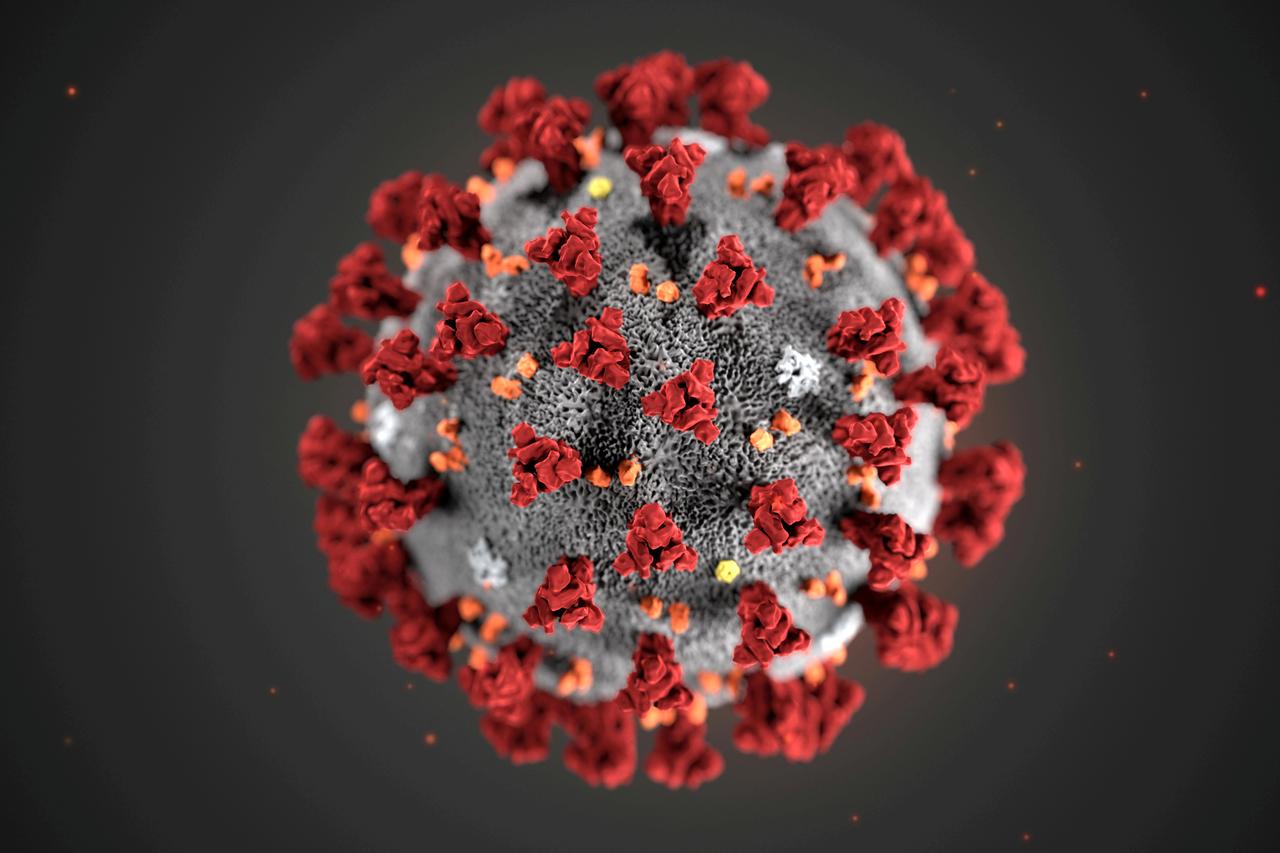A person’s blood type and other genetic factors may be linked with severity of coronavirus infection, according to European researchers looking for further clues about why COVID-19 hits some so much harder than others.
The findings, published in The New England Journal of Medicine on Wednesday, suggest people with type A blood have a higher risk of being infected with the coronavirus and developing worse symptoms.
At the peak of the epidemic in Europe, researchers analyzed the genes of more than 4,000 people to look for variations that were common in those who became infected with the coronavirus and developed severe COVID-19.
A cluster of variants in genes that are involved with immune responses was more common in people with severe COVID-19, they found. These genes are also involved with a cell-surface protein called ACE2 that the coronavirus uses to gain entry to and infect cells in the body.
The researchers, led by Dr. Andre Franke from Christian-Albrecht-University in Kiel, Germany, and Dr. Tom Karlsen, from Oslo University Hospital in Norway also found a relationship between COVID-19 severity and blood type.
The risk for severe COVID-19 was 45% higher for people with type A blood than those with other blood types. It appeared to be 35% lower for people with type O.
“The findings ... provide specific clues as to what disease processes may be going on in severe COVID-19,” Karlsen told Reuters by email, noting that additional research is needed before the information becomes useful.
“The hope is that these and other findings ... will point the way to a more thorough understanding of the biology of COVID-19,” U.S. National Institutes of Health director and genetics expert Francis Collins wrote in his blog on Thursday.
“They also suggest that a genetic test and a person’s blood type might provide useful tools for identifying those who may be at greater risk of serious illness.”





















































